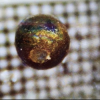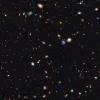Star releasing huge bursts of energy may be 1st of its kind ever discovered0
- From Around the Web, Space
- February 16, 2022
Ultra-long period magnetar is collapsed core of massive star that’s magnetized, rotates slowly
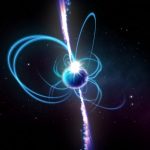
Ultra-long period magnetar is collapsed core of massive star that’s magnetized, rotates slowly
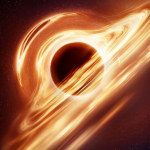
Astronomers have come up with a new estimate for the total number of black holes in the universe, and the number is mind-bogglingly large—40 quintillion. That’s 4 followed by 19 zeros.
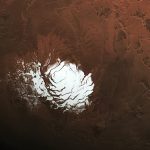
Liquid water previously detected under Mars’ ice-covered south pole is probably just a dusty mirage, according to a new study of the red planet led by researchers at The University of Texas at Austin.
Source: Inverse.com NASA’S JAMES WEBB SPACE TELESCOPE (JWST) has finally reached its cosmic perch, and is gearing up for its observations of the ancient universe. On Monday, JWST settled into its final orbit at the second Sun-Earth Lagrange point, or L2. This is a gravitationally stable point where the Sun and Earth’s gravity cancel each other out. The
Mimas, the smallest and innermost of Saturn’s eight main moons, may be warm enough to harbor a global, liquid water ocean beneath a 24-31-km (15-19-mile) thick ice shell, according to a new analysis of data from NASA’s Cassini mission.
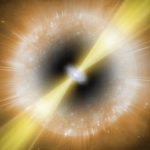
Evidence comes from the fifth — and brightest yet — of a new class of exploding stars
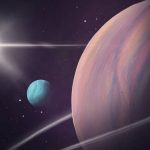
For only the second time, astronomers have detected what appears to be a moon orbiting a planet in another solar system. Just like the first time, this one has traits suggesting that such moons may differ greatly from those populating our solar system.
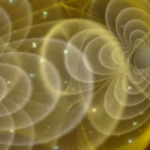
Ever since scientists made the first detection of gravitational waves from a pair of colliding black holes in 2015, evidence has been growing that the Universe ought to be full of them.

NASA’s top scientist has worked his final days, and now he’s moving on to greener … planets?
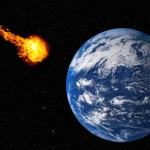
A WHOPPING three asteroids will zip past Earth tomorrow ahead of the nerve-shredding pass of an Empire State Building-sized rock next week.


